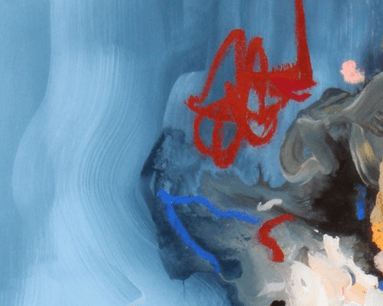The Civil Forfeiture Act allows the government to freeze, take possession of and forfeit to the Crown proceeds acquired directly or indirectly through unlawful activity or property used to engage in unlawful activity that likely resulted in acquisition of an interest in property or serious bodily harm to a person. The Act focuses on the connection between the asset and the alleged unlawful activity; it is not dependent on any criminal charges or convictions – in other words, a Court can order forfeiture even when its owner has not been convicted of a crime. All types of assets could be subject to forfeiture, including cars, cash and real estate. While the Act does not impose any criminal penalties per se, the consequences of forfeiture are severe and, arguably, amount to punishment, at least in theory.
Most civil forfeiture cases have been drug related however there has been an increasing level of cooperation between the Civil Forfeiture Office and the British Columbia Securities Commission; indeed, the largest recorded compensation to victims of unlawful activity was the result of a joint effort by these two agencies. Based on recent trends, there is likely to be an increasingly wider net of unlawful activity captured within the Civil Forfeiture regime.
These cases are complex and require experience in both criminal defence and civil litigation. Criminal defence experience is necessary for the purpose of identifying and litigating potential breaches of the Charter of Rights and Freedoms in the context of the investigation, which could arguably and potentially lead to exclusion of evidence and success at trial or, alternatively, a stronger bargaining position which could lead to a more favourable settlement. Criminal lawyers are also better acquainted with dealing with evidence from police witnesses. Civil litigation experience is necessary from a procedural and strategic standpoint as all civil forfeiture proceedings are governed by the Rules of Court applicable to civil disputes. Unlike criminal procedure in which the defendant generally has no obligation to disclose information, civil litigation places obligations of disclosure, production of documents and pre-trial discovery under oath, equally on the government and the defendant. Civil litigation also imposes costs consequences that do not exist in criminal litigation. A carefully crafted and managed procedural strategy is fundamental to the effective defence of these cases.
Our Firm possesses the necessary experience and expertise required to effectively defend these cases. Joven Narwal with his criminal law related experience as both a prosecutor and defence counsel and Cheryl D’Sa with her years of experience in civil litigation are a formidable team who are ready and able to take on these difficult cases, protect their clients’ interests and obtain the desired results. To learn more about Joven Narwal and Cheryl D’Sa, please visit their respective Profiles, or contact our office to speak with either of them directly or to schedule an appointment.















